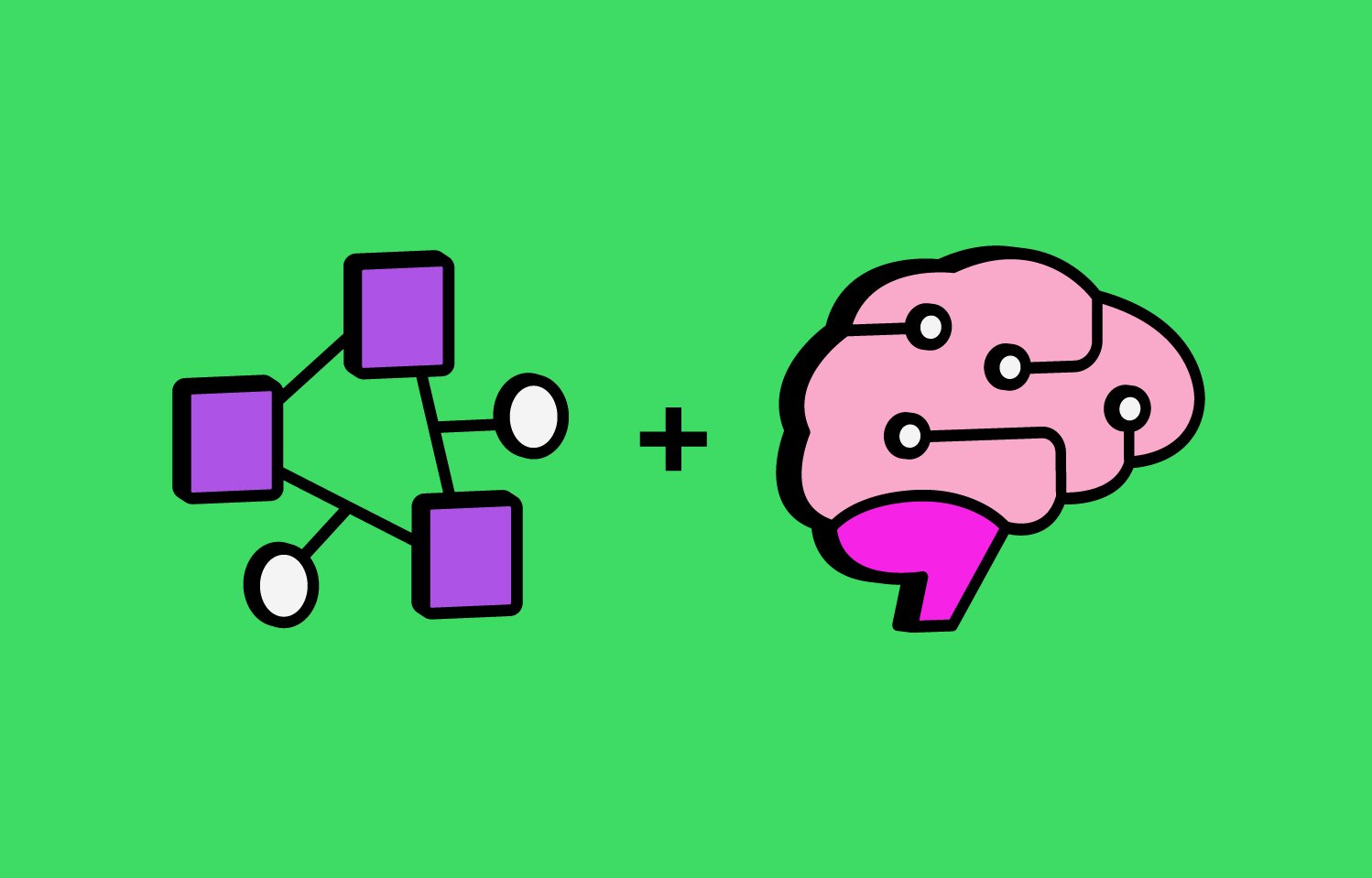Blockchain technology’s ability to authenticate, verify, and protect data means it’s a natural fit for many businesses and industries, from tracking and tracing goods to addressing many of the challenges posed by generative AI to automating databases. Yet according to Casper Labs’ recent survey of over 600 IT leaders, most organizations fail to adopt blockchain technology because of a false perception that they need hyper-specific (and hard-to-find) developer knowledge bases to successfully build in such environments.
To some businesses, such a steep learning curve—coupled with the fact that blockchain historically has not seamlessly integrated within modern IT stacks – has acted as a prohibitive barrier to adoption. But understanding what types of work blockchain is best suited for, and learning how developers can more effectively incorporate it within their existing tech stack, can help streamline blockchain adoption while maximizing coverall efficiency and spend.
What follows is a Q&A with Casper Labs CEO Mrinal Manohar, a developer himself, about the questions businesses should ask about blockchain’s potential and limitations to ensure successful deployments, the significance of Solidity and where and how to find implementation support.
Q: What is one thing developers should know about successfully using blockchain technology?
The most important thing developers need to understand is that blockchain technology is not a one-size-fits-all solution. It excels in automation, copy protection, verification, and authenticity, but it’s not a substitute for all other technologies. For instance, video drivers and databases are still essential components. To have the most success with blockchain, developers should identify appropriate uses where blockchain can truly add value.
Q: How does blockchain technology compare to other types of infrastructures?
Blockchain technology functions similarly to ERPs and databases, but arms users with several distinct advantages. First, it establishes an immutable digital ledger. Once the data is recorded, it cannot be changed retroactively without altering subsequent blocks. And by using cryptographic techniques and a decentralized network to ensure security, transactions become safer, more transparent, and more resistant to tampering. You can basically think about blockchain as an ultra-secure and unmodifiable database or ERP system. Having this mindset can help developers harness the full potential of blockchain for their projects.
Q: Do you have to know Solidity to code on blockchain?
In the past, the use of specialized proprietary programming languages like Solidity—which is needed to enable smart contracts on Ethereum Virtual Machine (EVM)—has hindered companies from integrating blockchain technology with their existing software. Many developers feel they have to learn to code in Solidity before tackling blockchain adoption. But now, we’re seeing a widespread shift away from EVM and toward WebAssembly (WASM).
Designed to be language-agnostic, WASM allows developers to write code in multiple languages like C, C++, Rust, and others. Even Ethereum itself is going to start using WASM in the near future. Because Casper was intentionally built using WASM, it works directly with most programming languages. This saves developers the time and effort of learning proprietary languages, allowing more access to everything blockchain technology can unlock.
Q: What kinds of resources are available to help developers get started with blockchain?
It’s a common misconception that developers need specific industry expertise to properly onboard blockchain to a business. But solutions like Casper’s are available with managed service offerings to help streamline implementation, especially for large-scale transitions. We also offer extensive developer resources online. Our team at Casper Labs is dedicated to helping developers solve problems and get the best out of the Casper blockchain platform—they don’t need to go at it alone.
Blockchain technology is a powerful tool, but it requires thoughtful consideration and strategic implementation for optimal results. By understanding the strengths and limitations of blockchain, using it appropriately, and seeking support when needed, developers can deliver innovative solutions using blockchain technology.

